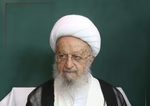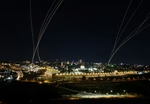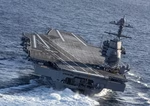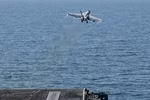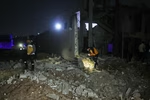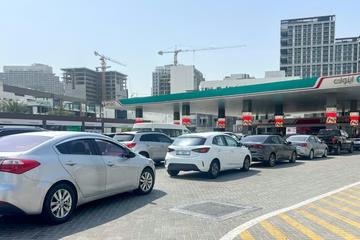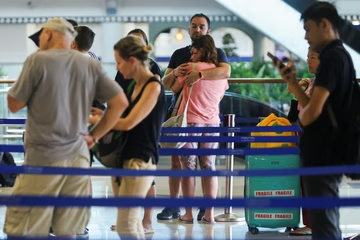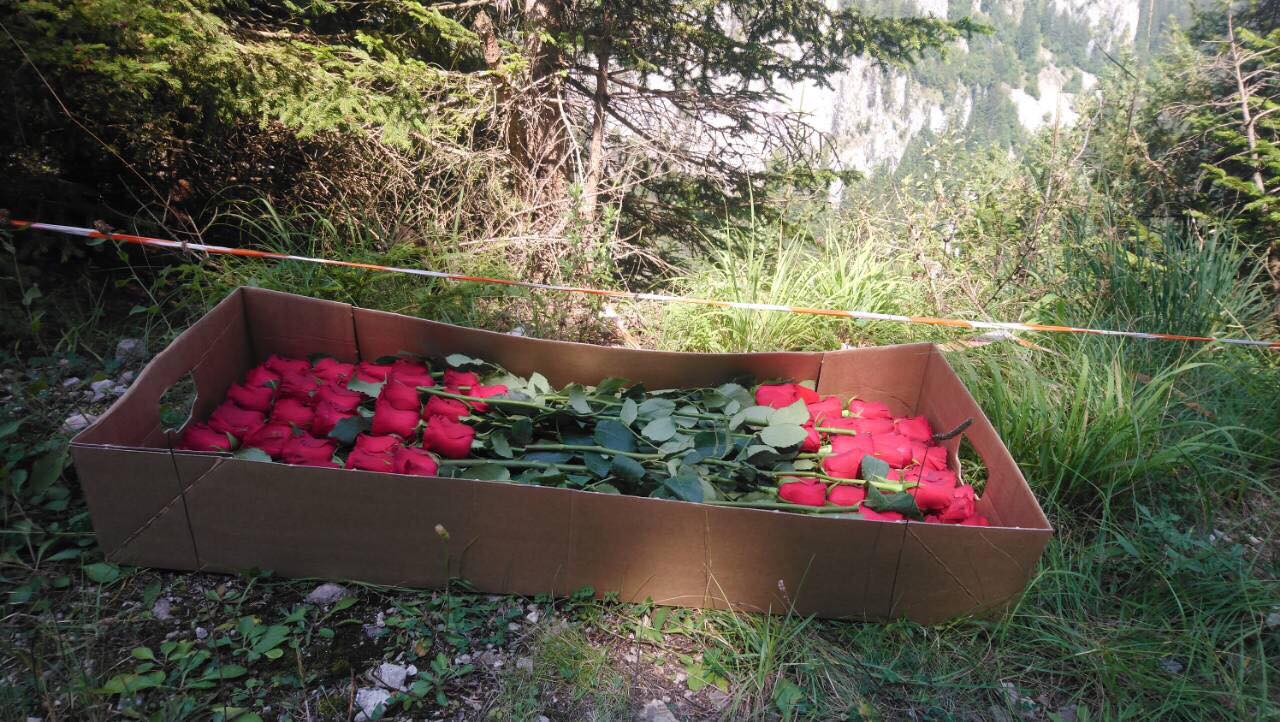
Survivors and victims’ families commemorated on Wednesday 224 Bosniak and Croat war prisoners who were killed in August 1992 at the Koricani cliffs, the central Bosnia’s Vlasic Mountain.
The commemoration organised by associations of war prisoners Prijedor92 and Kozarac started off with a minute’s silence, a prayer and throwing of 224 roses down the cliffs, to pay respects to the men shot there, who were previously held in a camp in the northwestern Bosnian Serb-held town of Prijedor.
Mirsad Duratovic, chairman of the Banja Luka region association of the prisoners of war, said the massacre at the Koricani cliffs was a monstrous crime committed against at least 224 Bosniak and Croat civilians from Prijedor. It was a part, he said, of ethnic cleansing of Bosniaks and Croats from Prijedor.
The search for the missing remains of the killed war prisoners is still ongoing. According to the court verdicts, the massacre was ordered by the Prijedor municipality crisis headquarters and committed by the Prijedor police.
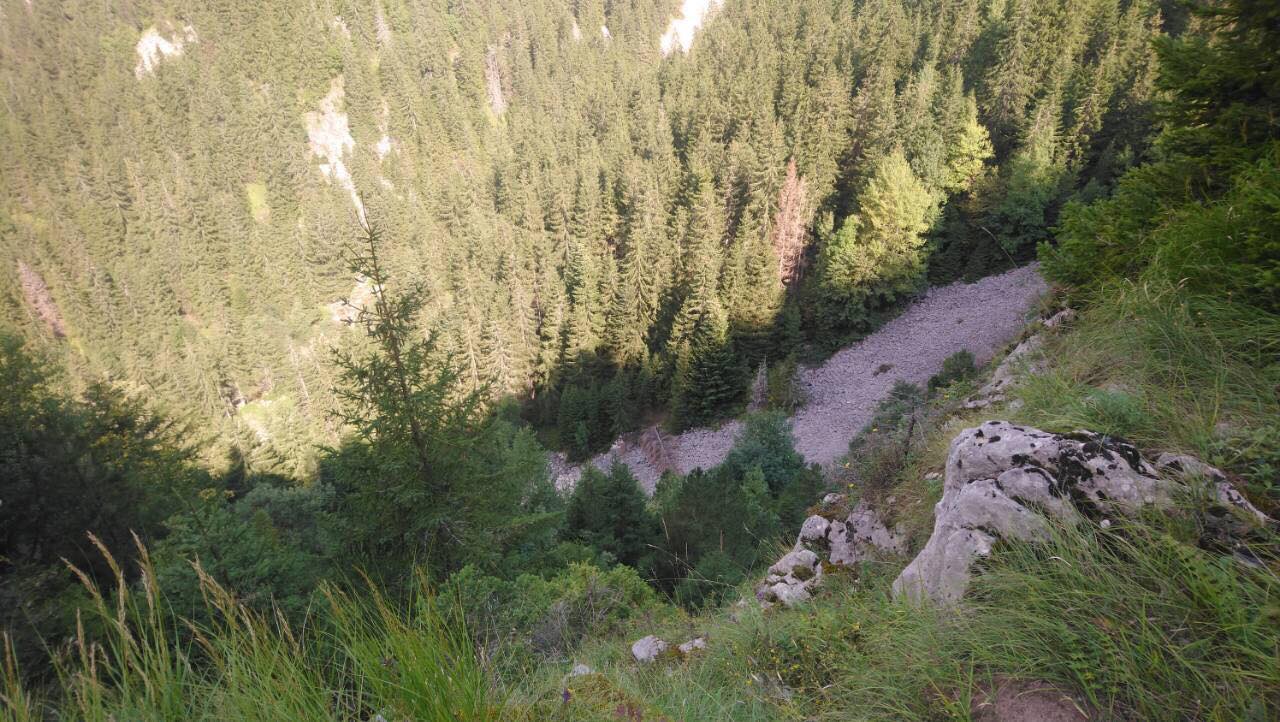
“On that day, Serb police took the Prijedor war prisoners from the refugee convoy on the Mount Vlasic. They were brought to the Koricani cliffs. The prisoners were ordered to step on the edge of the abyss and then were shot in their back,” Duratovic described the events from August 1992, adding that police officers continued throwing bombs after the civilians fell down the cliffs.
Some of the prisoners who survived, Duratovic said, witnessed at war crime trials before the International Criminal Tribunal for the former Yugoslavia (ICTY) and the Court of Bosnia and Herzegovina.
Eleven persons were sentenced to a total of 200 years in prison for the crimes at the Koricani cliffs. 80 mortal remains are still missing as the bodies of the killed prisoners of war were transported and buried at remote locations.
The leader of the group that carried out the killings, Darko Mrdja, a member of the Prijedor police intervention squad, was convicted before the ICTY on two counts of crimes against humanity and one count of violations of the laws or customs of war, and sentenced to 17 years behind the bars.
In his guilty plea statement, Mrdja confessed that he had “participated in separating and killing these innocent people” and that he “hope that my confession will aid in ensuring that such things are never repeated on our territory.”
Ten other members of the Prijedor police were tried and sentenced before the Court of Bosnia and Herzegovina.
According to Dautovic, the punishment for the perpetrators is not adequate.
“At the first sight, 11 sentenced to 200 years is quite a long period of time. When you mathematically translate that into 224 killed war prisoners, you come to a simple formula result of ten and a half months for every killed Prijedor war prisoner. So, that’s how much a human life is worth – ten and a half months,” Duratovic said.
A mother of a young man who was killed at the age of 21 said she knew who shot her son. Her brother and a nephew were killed too, and she is still searching for the brother’s mortal remains.
“I have buried only pieces of my son – two bones. (…) My wounds still hurt. It will never pass,” the mother said.
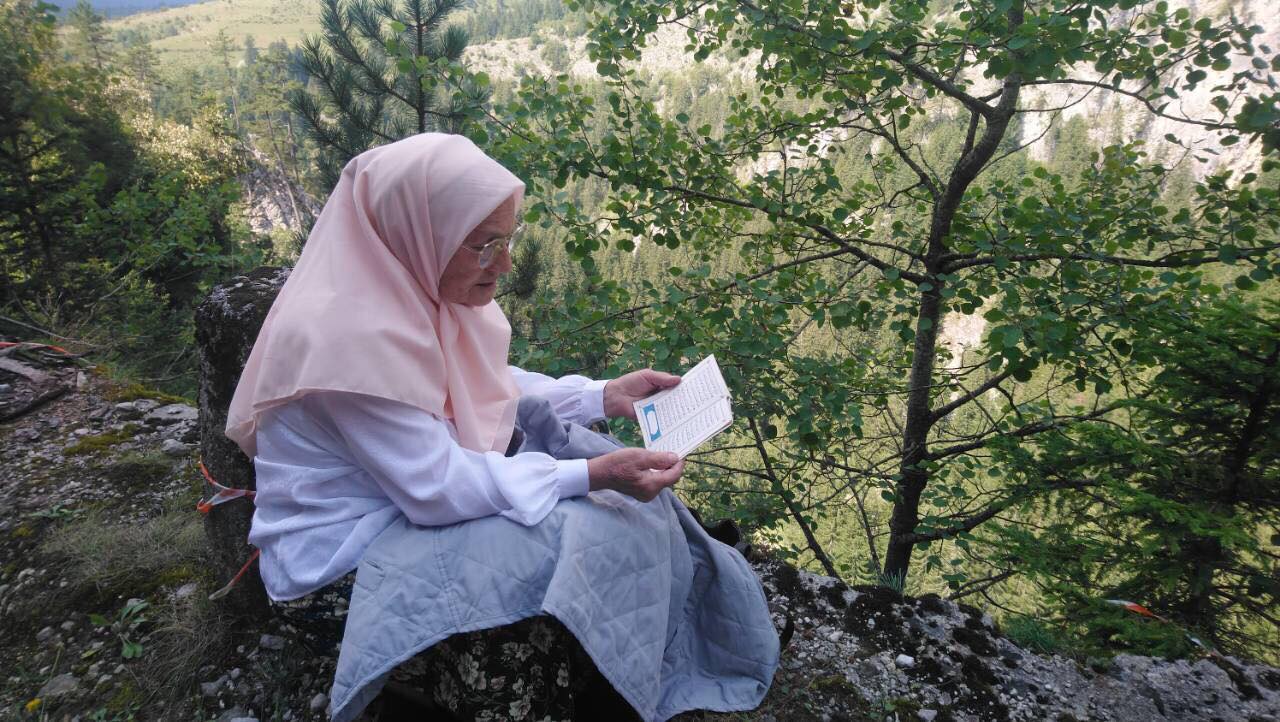
Kakvo je tvoje mišljenje o ovome?
Učestvuj u diskusiji ili pročitaj komentare





 Srbija
Srbija
 Hrvatska
Hrvatska
 Slovenija
Slovenija









